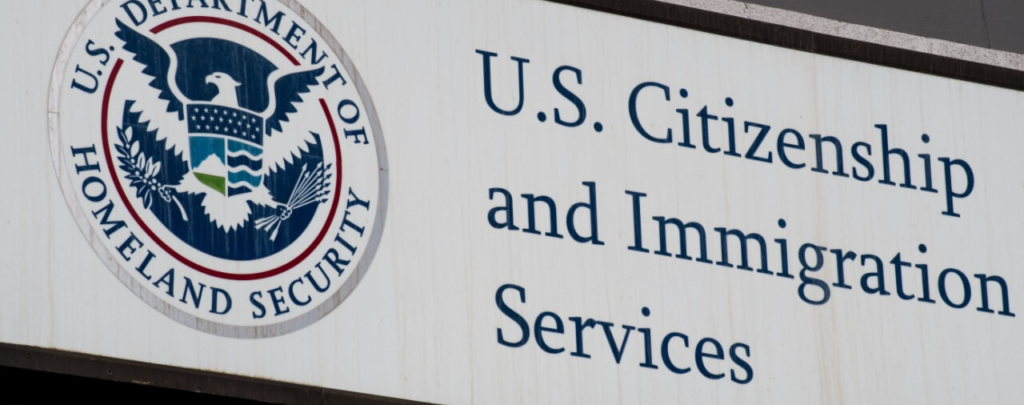The Selection of Tim Kaine
On July 22, 2016, the then-presumptive Democratic nominee for President, Hillary Clinton, selected Virginia Senator Tim Kaine as her running mate.
Kaine is currently serving in his first term as a Senator after having been elected in 2012. Prior to his election to the Senate, Kane served as Governor of Virginia from 2006-2010, and as Lieutenant Governor of Virginia from 2002-2006. Additionally, Kaine was the Chairman of the Democratic National Committee from 2009-2011.
Kaine is a proverbial “safe pick” for Clinton. Like the Republican Vice Presidential nominee, Mike Pence [see blog], Kaine has both executive and legislative experience. His positions put him toward the ideological center of the Democratic Party. Furthermore, Tim Kaine speaks fluent Spanish, and highlights a speech he gave in favor of the “Gang of Eight” bill in Spanish on the Senate floor in 2013 [see video]. It is safe to expect that the Clinton campaign will make liberal use of Kaine’s Spanish fluency in appealing to Spanish-speaking voters on the campaign trail.
As we will explore in this article, Kaine’s immigration positions, as well as his positions in general, are hard to distinguish from Clinton’s. The ideological conformity of the ticket makes for an interesting contrast with the Trump-Pence ticket on the Republican side, where one can find many differences between the positions that Trump is campaigning on and the positions that Pence has advocated throughout his political career.
To read more about my views of immigration and the November elections, please see my introductory post [see blog].
Tim Kaine on Immigration
During his term in the Senate, Tim Kaine has supported several major immigration initiatives. While campaigning for his Senate seat, Kaine expressed support for the Dream Act and for making it easier for foreign students [see category] to procure LPR status after completing their education in the United States.1
While in the Senate, Tim Kaine supported President Obama’s Deferred Action for Childhood Arrivals (DACA) [see article] program. Kaine also supported President Obama’s Deferred Action for Parental Accountability (DAPA) program and DACA expansion, which have been blocked in federal court [see blog].2 Kaine supports a “bipartisan approach to comprehensive immigration reform” that would offer a path to citizenship for many persons who are in the United States illegally.
In an interview with Telemundo after being named the Vice Presidential nominee, Kaine agreed with Hillary Clinton’s plan to pursue comprehensive immigration reform in her first 100 days in office. Kaine stated that “Paul Ryan and the other leaders of [the Republican Party] are going to understand that if they want a future for their party they are going to have to work together to find a solution to this.”3
Will Kaine Have an Effect on Clinton’s Immigration Proposals?
It seems unlikely that Tim Kaine’s presence on the Democratic ticket will have any significant effect on Clinton’s immigration proposals. For one, the positions that Kaine advocated in his campaign for the Senate and during his single term are not significantly distinguishable from the positions that Clinton has advocated during the current campaign. Both Clinton and Kaine have supported President Obama’s immigration executive actions, the Gang of Eight proposal, and the Dream Act. There are no indications that Kaine disagrees with other liberal immigration proposals on Clinton’s platform.
As I discussed in my original candidate profile of Hillary Clinton [see blog], her immigration positions generally fail to strike an appropriate balance between expanding immigration and immigration enforcement. There are other troubling elements of Kaine’s immigration positions. For example, his support of DAPA and the DACA expansion shows a serious disregard for procedural regularity and an overly-expansive view of executive power in interpretation the immigration statutes. Kaine’s comment that the Republicans should agree to the comprehensive immigration proposals advanced by Clinton for the “future of [the] party” are unlikely to foster collaboration with a likely Republican-controlled house and possibly Republican-controlled Senate.
However, if Clinton is elected President, we can only hope that some of Kaine’s purported moderate political instincts show in how a Clinton-Kaine administration handles immigration reform. If they were to prioritize immigration enforcement benchmarks before moving to pass individual proposals to expand legal immigration and come up with a plan to deal with those who are here illegally, there would certainly be plenty of room to work with Republicans on bipartisan proposals. Furthermore, an emphasis on moving toward a more merit-based immigration system to attract highly skilled immigrants is something that could be welcomed by many on both sides of the political aisle.
- http://www.ontheissues.org/International/Tim_Kaine_Immigration.htm
- (Kaine’s Senate Website) http://www.kaine.senate.gov/issues/immigration
- Dinan, Stephen, “Tim Kaine promises bill to legalize illegal immigrants in ‘first 100 days,’” Washington Times, (Jul. 25, 2016), available at http://www.washingtontimes.com/news/2016/jul/25/tim-kaine-promises-bill-legalize-illegal-immigrant/





